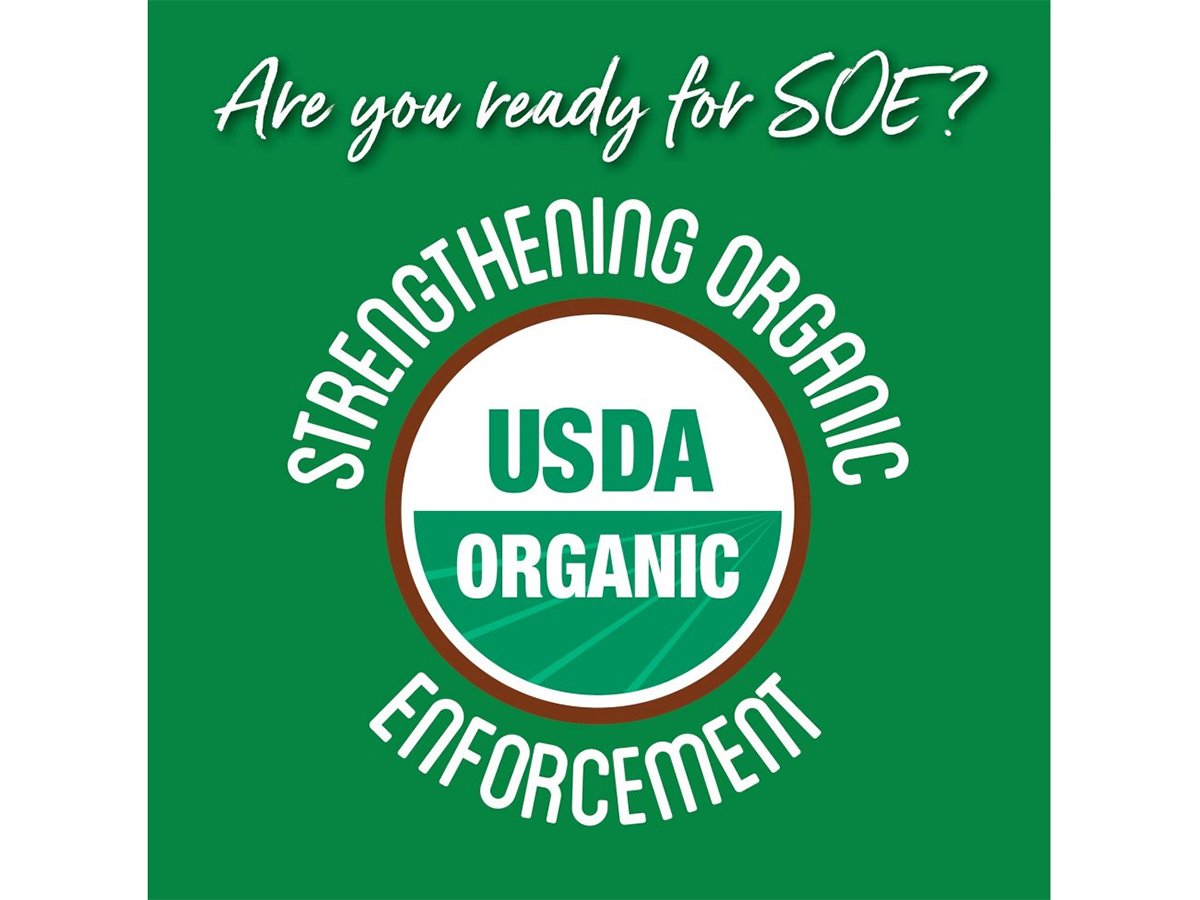After failing to convince the federal government to amend Bill C-4 in ways that would strengthen the Canadian Wheat Board, the National Farmers Union has decided it wants nothing more to do with the controversial legislation.
Delegates to the NFU’s annual convention at the end of November passed a resolution rejecting the bill that changes the board’s structure and some of its financial and marketing regulations.
The motion was passed after a lengthy debate in which some members questioned the union’s decision to lobby for changes to the bill while it was being considered by a parliamentary committee earlier this fall.
Read Also

U.S. rules frustrate Canadian organic exporters
Exporters of organic grain and food are struggling to get their products to the U.S. market as new rules designed to curb organic fraud hit Canadian companies.
“The government seems unwilling to take into account what we’ve advised and in view of that we can’t support it as it’s currently written,” president Nettie Wiebe said in an interview after the vote.
The NFU president had earlier been forced to deflect criticisms that the union’s leaders should have taken that position months ago and should never have become involved in efforts to amend the legislation.
Ken Sigurdson, of Swan River, Man., said the NFU has a responsibility to the farm community to take a principled stand and not get involved in political horse-trading.
Leadership needed
“We could have provided the farm community with some real leadership and said this legislation is going to destroy the wheat board,” he told Wiebe during an exchange on the convention’s opening day. “If we don’t provide that leadership … we’ve really failed in that regard.”
But Wiebe said that kind of intransigence doesn’t serve farmers well.
“It’s always a question whether we engage ourselves in the fray or whether we stand back and say ‘this is not utopia and we’ll have no part of it’,” she said. “That’s never my strategy. I’m pragmatic.”
She said later the union did have some impact on the legislation, notably by helping convince the government to add the so-called inclusion clause, which allows producers to vote on putting additional commodities under the wheat board. But she said the convention made it clear members didn’t think that was enough to warrant accepting the entire package.
The union is concerned that some of the proposals for more flexible pricing and pooling arrangements will undermine the board’s authority, and don’t like the plan to elect directors and reduce government financial guarantees.
Wiebe said it’s ironic and somewhat frustrating that the board itself supports many of the changes that the union says will weaken the marketing agency.
“It is difficult to defend marketing boards who themselves don’t come to their own defence on certain things.”
















